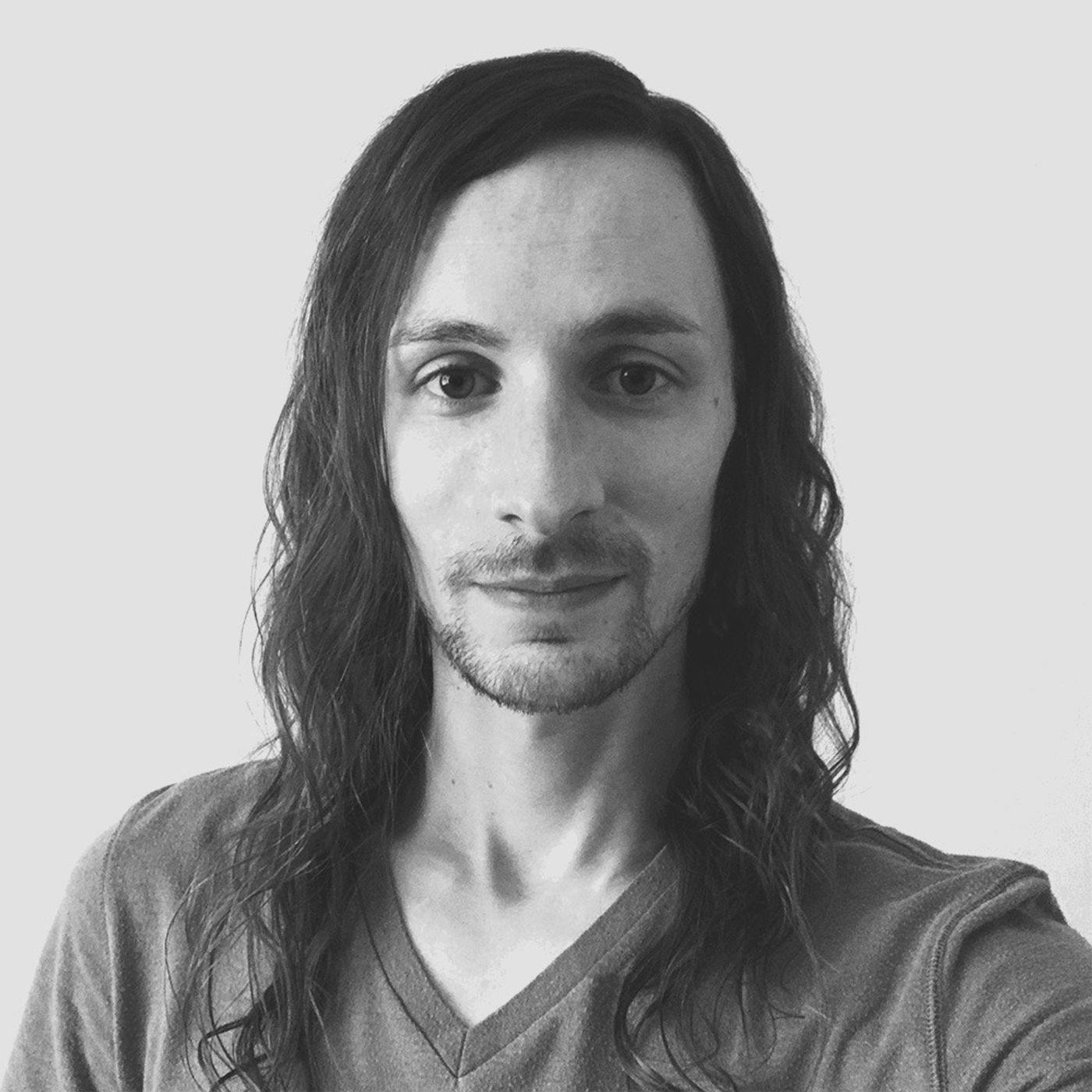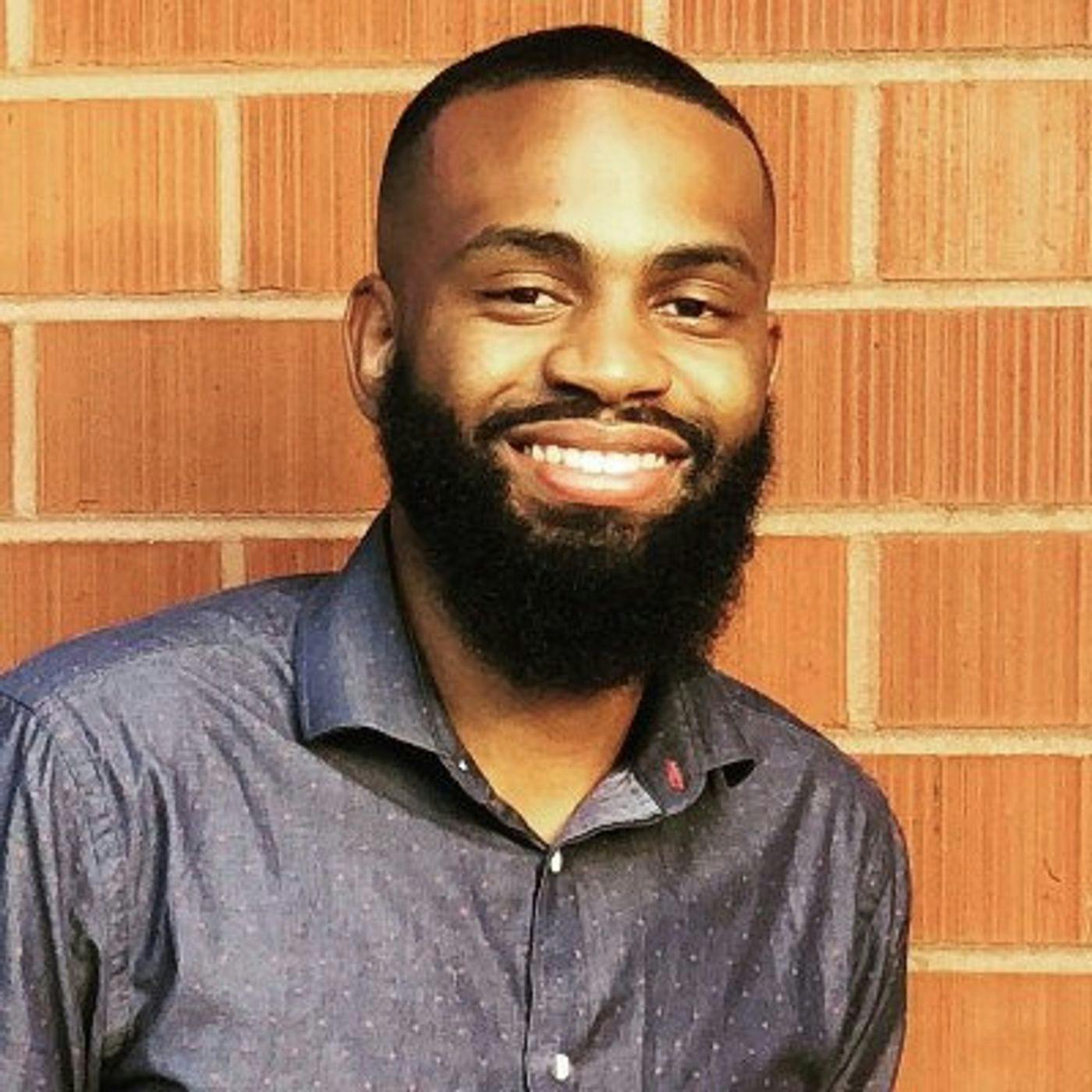Shawn Blanc | Improving Your Productivity and Creative Output
Description
Highlights, Takeaways & Quick Wins:
- For big projects, you need long stretches of uninterrupted time to think and work.
- Work on building your focus muscle.
- The first five minutes of focus time are the hardest.
- Pick a task, pick a time, and do the task at that time.
- Show up every day and do your best creative work.
- If you can’t overcome fear, push through it—fear is a sign that you’re doing something that matters.
- The way you feel about a product doesn’t change how much it’s worth, which is how much the market is willing to pay for it.
- Protect your morning productivity time and your mental energy by setting out your clothes the night before.
- Don’t undervalue your products.
- Pick one thing, do it for two months, and allow yourself to suck at all the other areas of your life—after that, pick a new thing.
- Pick one action you can do tomorrow morning that will get you closer to the most important goal.
Show Notes:
Aaron: We both really loved Cal Newport’s Deep Work book. When did you get interested in the idea of intense focus and structuring your life in a way to make sure you get your best creative work done? When did you find that book or that idea and really start working on that?
Shawn: I think I found the idea years ago. When I was a creative marketing director, like I mentioned, I was doing 80 hours a week. Part of my schedule was that on Fridays, I would come home and work from home. I wouldn’t be on email or answer the phone. I had an assistant, and anyone who needed to get ahold of me needed to go through my assistant. She would screen anything and see if it was urgent or important for the day. If it was, she’d let me know.
I set up this distraction-free work time for myself on Fridays, because as the director for the marketing and all the creative stuff we were doing, it was on me to make sure that our marketing campaign for this big, end of the year, 25,000 person conference was going to happen. It was all on me. I had to drive that. You can’t do that in 10-minute time blocks scattered throughout your day.
For big projects, you need long stretches of uninterrupted time to think, process, come up with ideas, and work on stuff.
That was my first experience of going, “I have to have this. If I don’t, I won’t be able to do my job, and I will always be in reaction mode.” That was my first experience, and that was in 2008 when I came across that idea. It was born out of necessity for me. Obviously, that’s not new to the world, but it was new to me. When I quit my job and started blogging for a living, I came to that same spot of saying, “I need to set aside time every day to write without distractions, intentionally.”
That has evolved as we’ve had kids, schedules have changed, and seasons of life go up and down. I need uninterrupted stretches of time on a regular basis to do my most important work and to focus on the stuff that’s not urgent today but is very important. If I neglect it, those things will become urgent, or the needle is going to start going backwards and I’m going to start losing ground.
Why Deep Focus Matters
Shawn: Focused time has always been important. Then I came across Cal’s book, So Good They Can’t Ignore You. I read that in 2015. That’s a fantastic book. There was this chapter in there on intentional practice, and that resonated with me so much. It’s very similar to Mihaly Csikszentmihalyi’s book, Flow.
He has a lot of books on very similar topics on finding flow, getting in the flow, whatever. He has one book called Flow and another one called Finding Flow. It’s the idea that not only do you need those times of uninterrupted work, but when you’re in that moment, if you can get into the flow, it’s challenging, it’s hard, etc, but you feel more rewarded. You feel better. You have a higher motivation about the work you’re doing. You feel like you accomplished something.
I don’t know if anyone listening can relate to this. You spend your whole day in reaction mode, bouncing around between your email inbox, your Twitter feed, your Facebook feed, your Instagram feed, back to email, back to Twitter, back to Instagram, back to Facebook, back to email. You’re bouncing around all these inboxes, and then you’re like, “Wow, I just spent four hours. I haven’t done anything.”
Aaron: You read a bunch of short emails, maybe you replied, maybe you sent some tweets, maybe you saw some articles.
It’s so easy to spend all day doing short, quick tasks that don’t really change anything.
Shawn: Exactly. They don’t change anything, and you feel zero satisfaction afterwards. You don’t feel like you got anything done, as opposed to if you took those four hours and, instead, spent it focused on something intentional, something that was challenging. If you set aside time to do deep work, when you come out of that time (even if it’s just one hour or half an hour), if it was distraction free and you’re focused and being intentional, you come out feeling better.
After spending intentional time working on something without any distractions, you feel more motivated and you have more energy. It’s this muscle. You have a focus muscle that you have to work on, as opposed to the distraction muscle.
Why is Creating Focused Time So Hard?
Shawn: The hardest thing for getting into that focused work time, getting into the flow, is called the Activation Energy, just getting started. The first five minutes of focus time are the hardest. Something I like to do is have a set time every day when I am going to have my focused writing time, and before I even get there, the day before, I write down what my single most important thing is that I’m going to be writing about. I have the time on my calendar, and I have the challenge, project, or task that I’m going to be working on.
As Cal Newport would say, what’s the artifact that I’m going to try and get from that focused time? Then I come, sit down, and do the work. I know that the first five minutes will be hard and I probably won’t be into it. I have to power through those first five minutes, and then you get into that flow. Time begins to get lost. Anyone who has been a painter, artist, musician, whatever, you can usually relate. You say, “I was just in the flow. I was in the zone.” That’s where your best work is going to be created.
That’s where you’re going to feel the most satisfaction with your job. That’s where you’re going to increase your skill level as a creative person. You’re going to level up your ability to do stuff. Sean has talked about this so much with his Learn Lettering course: he did 9,000 hours of intentional practice! That’s what he was doing every day. He had this focused time where he was practicing letters. You have to put in the time.
How to Stop Procrastinating and Do Your Best Work
Aaron: Everyone should read Cal Newport’s books, So Good They Can’t Ignore You and Deep Work. Both of those books are phenomenal. It’s so important as podcasters to pick a day to outline and record an episode, and write the topic in advance. Say, “I’m going to spend 30 to 45 minutes at this time writing about this thing, and then I’m going to record an episode.”
Otherwise, what ends up happening, and this is true of so many areas of life, is that you will spend a lot of time thinking about how you should do a thing. I’ve been thinking about how I should record a screencast for three weeks now. “Hey, I have to record that ‘introduction to limiting’ screencast for my Logic course,” and I’ve been thinking a lot about it, but I haven’t done it yet. It’s so silly, but that’s how procrastination works. You spend more time thinking about how you should do a thing instead of just doing the thing.
Pick a task, pick a time, and do the task at that time.
That’s such a simple version of an idea presented in Deep Work that is so life changing. I talk about that book all the time because I love it, and I know there are still some people who haven’t read it yet. It is a book that anyone who wants to create stuff for a living professionally needs to go listen to. Shawn, you should do a whole series of videos or interviews where you talk about deep focus for creative people.
Shawn: I do. I did some stuff, like the TheFocusCourse.com/margin page. I interviewed Cal Newport, and we talked about this. I interviewed a few other folks and wrote some articles, and it was on this topic of having margin in your life, the breathing room, so that you can do your best creative work. That’s our mantra over there at The Focus Course: Show up every day and do your best creative work.
I think margin is a huge part of that. The deep work, the focus, it’s a huge part of it. Otherwise, you’re just working on your email inbox all the time. That’s no fun.
Push Through Fear
Aaron: The first question I want to talk about is this one from Mariali. She asked, “How did you overcome the insecurity of giving birth to a new idea you weren’t sure people would respond well to?” I think this was about a book but it could be about anything, really.
Shawn: I didn’t overcome the fear. I put it out there and stuck to the plan. The way that worked with my Delight is in the Details book, was that I had done it as a podcast mini series for my members only. It was a little five part podcast, and I got a lot of positive response from people. I had teased it out, and I got a positive response, so I thought, “I should sell this for maybe like $5 as a sample for the Shawn Blanc membership thing.”
I thought, “I should rewrite it, so it’s a little bit more structured. I’ll rerecord it so it doesn’t have the welcome in















